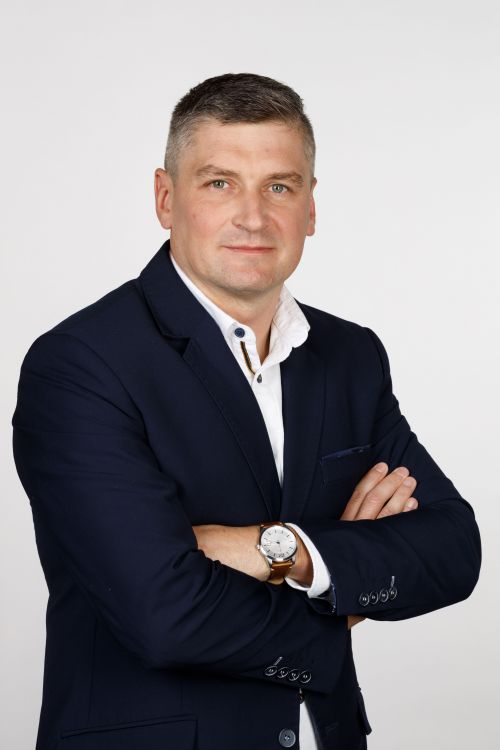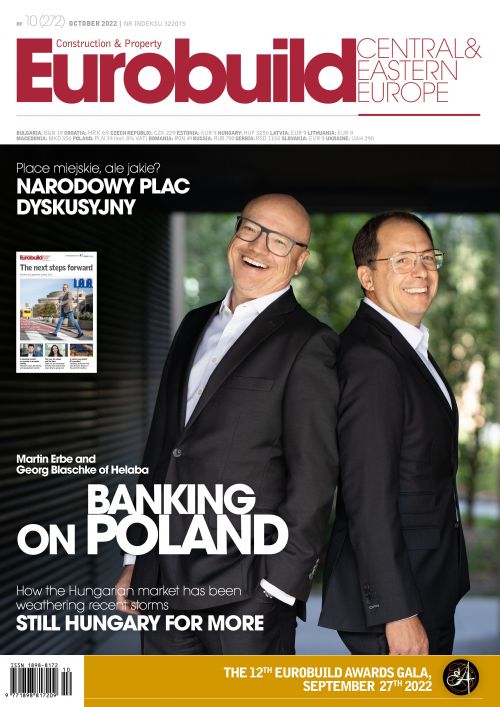Poland now has around 26 mln sqm of warehousing and around a third of this has been developed to the exact specifications of the tenant, in what are otherwise known as built-to-suit or BTS projects. This part of the market has grown so much that developers have established departments specifically for these types of buildings. This is what we have done at 7R, where we have set up a specialist BTS team. BTS clients have different requirements than those who lease space in our warehouse parks or flex centres. For them, what counts is more of a flexible, individual approach, as well as being able to find solutions to the many challenges that the eventual usage of the building entails.
What is BTS?
A BTS development is a highly specialised project, for which a client has personal and clearly defined expectations. It is not something for companies that need a small area in an industrial park for a short lease period. BTS buildings are built to serve companies over long periods of at le





























































